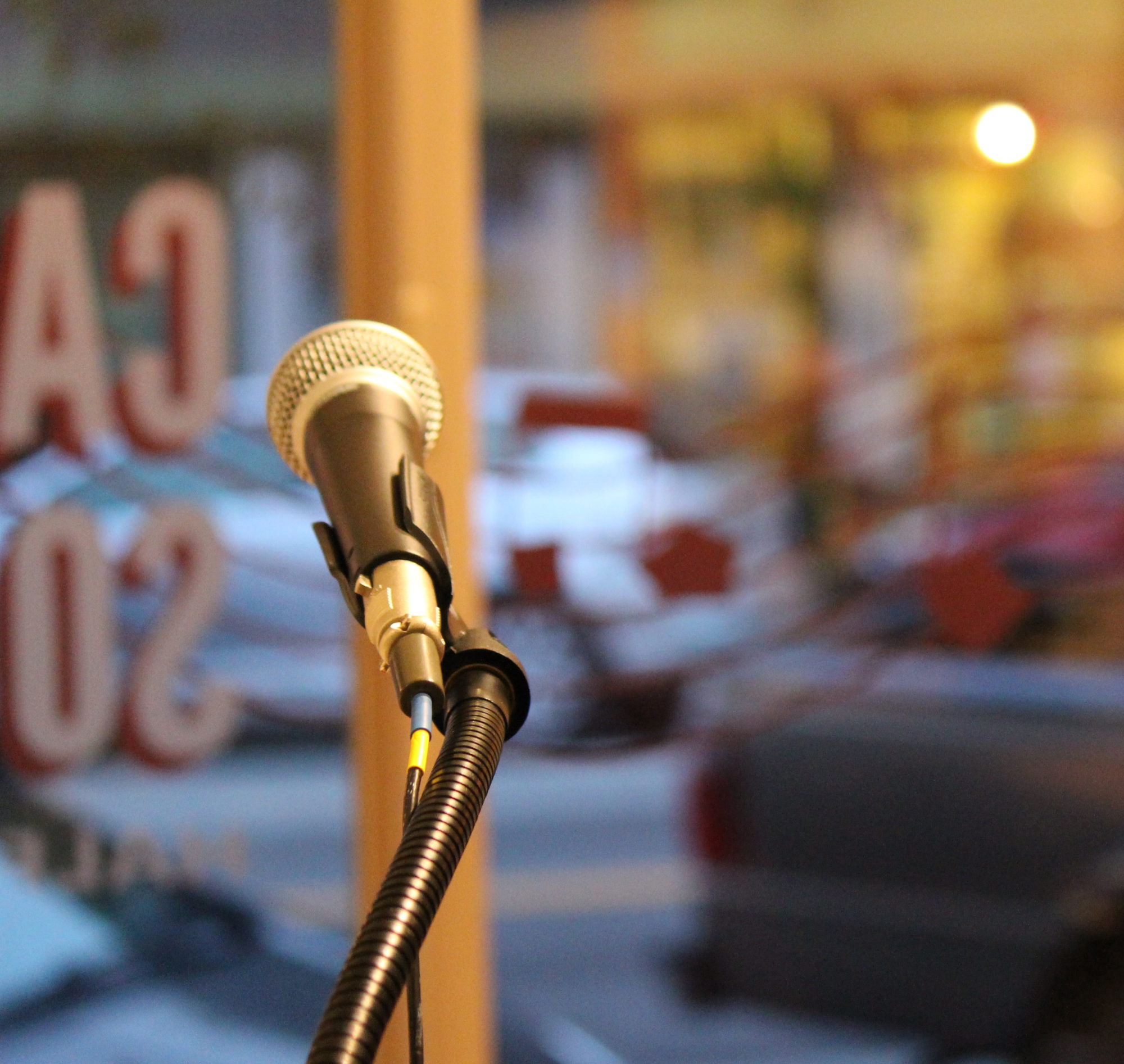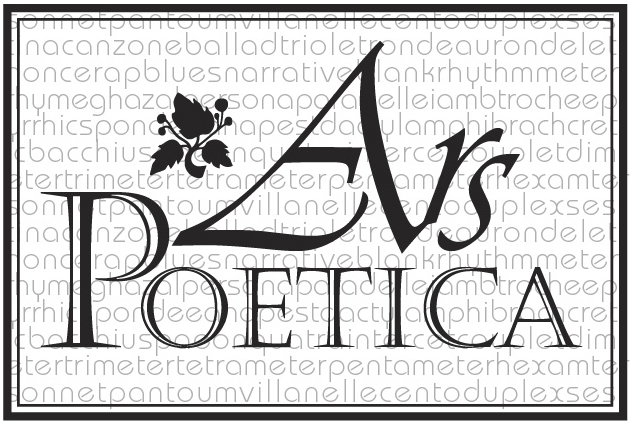
Ars Poetica
We think of this as a snapshot into the world of poetry that will hopefully provide both budding and experienced poets with the opportunity to consider craft and other formal elements from a unique perspective. Think of this like a living glossary of literary terms where, instead of a standalone definition, we ask working poets accomplished in the area under discussion to share with one another what the subject at hand means to them.
More than a strictly academic exercise, these programs offer a glimpse into the conversations that poets have with one another about craft and form and includes conversations between the featured poet and a small, intimate gathering of poets looking to increase their understanding of the craft.
Table of Contents
Villanelle
With its intricate rhyme scheme and dance-like pattern of repeating lines, its marriage of recurrence and surprise, the villanelle is a form that has fascinated poets since its introduction into English. Many well-known poets in the past have tried their hands at the villanelle, and the form is enjoying a revival among poets writing today. The form consists of 19 lines: five tercets plus a final quatrain, in the pattern A1 b A2 / a b A1 / a b A2 / a b A1 / a b A2 / a b A1 A2, where all of the a/A1/A2 lines rhyme with each other, all of the b lines rhyme with each other, and A1 and A2 stand for two refrain lines that repeat in their designated locations.
Our Panel of Poets
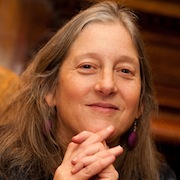
Annie Finch
Annie Finch is the author of seven books of poetry, including The Poetry Witch Little Book of Spells, Calendars (finalist for the National Poetry Series), Spells: New and Selected Poems, and the epic poem Among the Goddesses: An Epic Libretto in Seven Dreams (Sarasvati Award from ASWM, 2012). Her books on poetic craft include The Body of Poetry: Essays on Women, Form, and the Poetic Self and A Poet’s Craft: A Comprehensive Guide to Making and Sharing Your Poetry (both from University of Michigan Press), as well as anthologies including Measure for Measure: An Anthology of Poetic Meters and Villanelles (both from Everymans Library). Her poetry has been published in Poetry, The Paris Review, The New York Times, and The Penguin Book of Twentieth-Century American Poetry. She holds a B.A. from Yale and a Ph.D from Stanford, has lectured at universities including Berkeley, Toronto, Harvard, and Oxford, and currently teaches poetry and form at PoetryWitchCommunity.com.
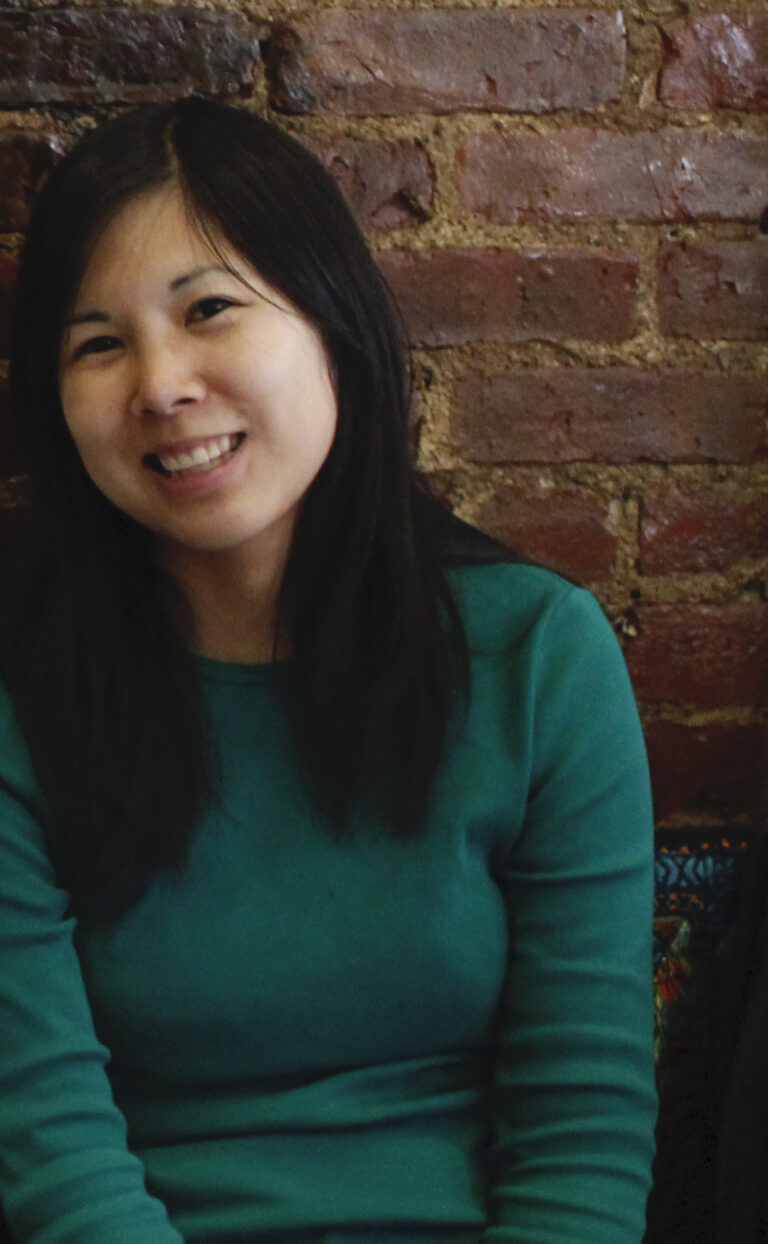
Jenna Le
Jenna Le (jennalewriting.com) is a daughter of Vietnamese refugees who was born and raised in Minnesota. She is a New York City-based physician and the author of two poetry collections, Six Rivers (NYQ Books, 2011) and A History of the Cetacean American Diaspora (Indolent Books, 2018), the latter of which was an Elgin Awards Second Place winner. She is a two-time winner of the Poetry By The Sea sonnet competition, and her poems have appeared in AGNI, Denver Quarterly, Los Angeles Review, Massachusetts Review, Michigan Quarterly Review, Pleiades, Poet Lore, Verse Daily, West Branch, and elsewhere.
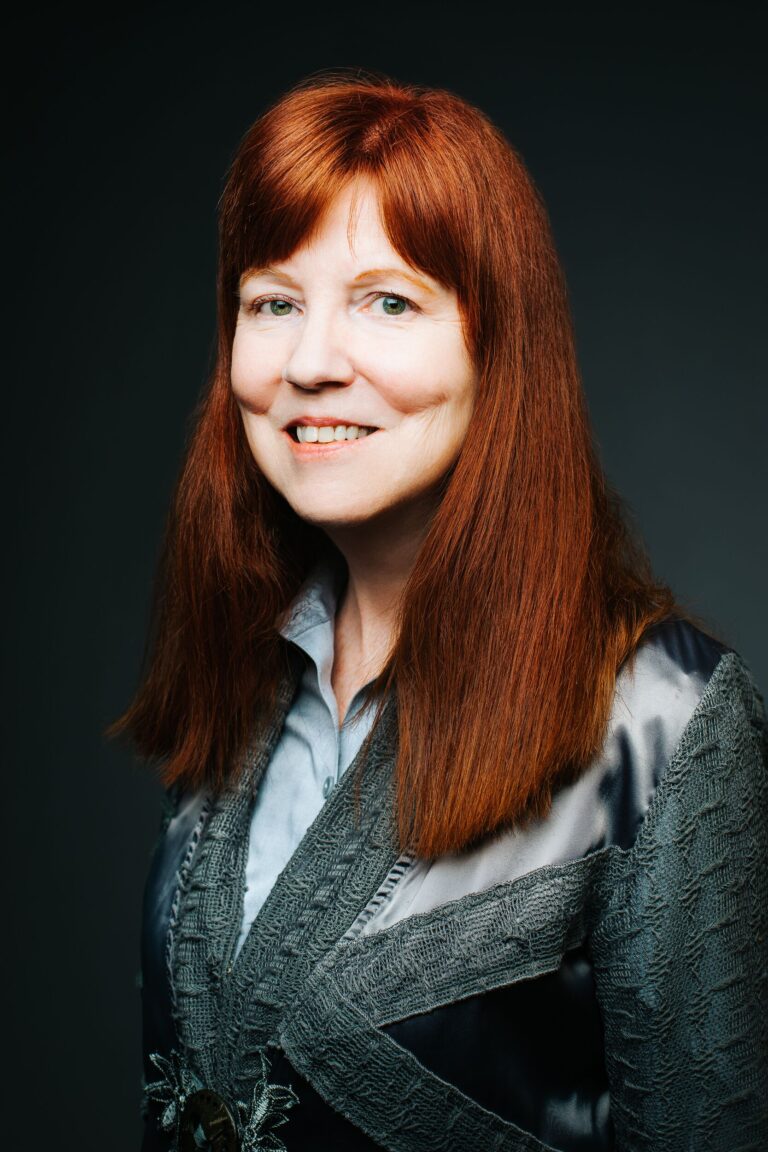
Julie Kane
Julie Kane's Ph.D. dissertation, which won the Lewis P. Simpson Award from Louisiana State University, was titled "How the Villanelle's Form Got Fixed." In addition, her article "The Myth of the Fixed-Form Villanelle" appeared in Modern Language Quarterly (MLQ): A Journal of Literary History. She also wrote the historical introduction to the anthology Villanelles, edited by Annie Finch and Marie-Elizabeth Mali, and she co-authored the essay on the villanelle in The Princeton Encyclopedia of Poetry & Poetics. You may find examples of her own villanelles in her collections Rhythm & Booze, a National Poetry Series winner, or Mothers of Ireland, co-winner of the 2021 Poetry by the Sea Book Award. Professor Emerita at Northwestern State University, she currently teaches in the low-residency MFA program at Western Colorado University.
Cento and Duplex
In this salon, we’ll look at two forms, one ancient in its origins and one contemporary, that repurpose our own and others’ lines: the Cento and the Duplex. The Cento, from the Latin for “patchwork garment,” relies exclusively on lines from previous literary works, arranged to create a new poem. The Duplex, newly invented by Jericho Brown, is “a ghazal that is also a sonnet that is also a blues poem,” and uses the poet’s own discarded lines in repetition and variation. We will gain a greater understanding of each form by studying their formal rules and a few key examples, and we’ll talk about ways to spark our own new work by creatively exploring and experimenting with these forms.
Our Panel of Poets
Amanda Moore
Amanda Moore‘s debut collection of poems, Requeening, was selected by Ocean Vuong for the National Poetry Series and will be published by HarperCollins/Ecco in October 2021. Her work has appeared in journals and anthologies including ZYZZYVA, Cream City Review, and Best New Poets, she co-edits the Women’s Voices for Change Poetry Sunday feature, and she reads for VIDA literary magazine and Bull City Press. Amanda is a high school teacher and lives by the beach in the Outer Sunset neighborhood of San Francisco with her husband and daughter. More at amandapmoore.com
Meryl Natchez
Meryl Natchez’ fourth book, Catwalk, recently received a Kirkus Reviews Indie Best Book 2020 award. A lifelong writer and lover of poetry, her work has appeared in LA Review of Books, Hudson Review, Poetry Northwest, Literary Matters, The American Journal of Poetry, ZYZZYVA, The Pinch Literary Review, The Moth, and many others. She is on the board of Marin Poetry Center and blogs at www.merylnatchez.com
Sonnet
Our Panel of Poets
Rebecca Foust
Rebecca Foust’s books include The Unexploded Ordnance Bin, Paradise Drive, and ONLY, forthcoming from Four Way Books in 2022. Recognitions include the 2020 Pablo Neruda Prize for Poetry judged by Kaveh Akbar and fellowships from The Frost Place, Hedgebrook, MacDowell, and Sewanee. The 2017-19 Marin Poet Laureate, Foust volunteers as a board member for Marin Poetry Center, reads fiction for Narrative Magazine, and is the poetry editor for Women’s Voices for Change.
Kathleen McClung
Kathleen McClung’s books include Temporary Kin, The Typists Play Monopoly, Almost the Rowboat, and A Juror Must Fold in on Herself, winner of the 2020 Rattle Chapbook Prize. Unabashedly fond of formal verse, Kathleen judges the sonnet category of the Soul-Making Keats literary competition and edits poetry for The MacGuffin. Celebrating twenty-five years on the faculty of Skyline College, Kathleen was a writer-in-residence at Friends of the San Francisco Public Library in 2018-19 and a grant recipient for the 2019 Poetry by the Sea Conference in Connecticut. www.kathleenmcclung.com
David Rosenthal
David Rosenthal lives in Berkeley, California. His poems and translations have appeared in Rattle, Teachers & Writers Magazine, Measure, Birmingham Poetry Review, Raintown Review, Unsplendid, and many other print and online journals. He is a two-time Howard Nemerov Sonnet Award Finalist, a Pushcart Prize Nominee, the winner of the 2018 Soul-Making Keats Sonnet competition. His collection, “The Wild Geography of Misplaced Things,” was released by Kelsay Books in 2013. https://davidrosenthal.weebly.com.
Diane Lee Moomey
Diane Lee Moomey is a painter and poet living in Half Moon Bay, California, where she is the long-time co-host of Coastside Poetry. Her work has appeared in PoetryMagazine.com, Mezzo Cammin, Caesura, California Quarterly and others. In 2016, 2017 and 2018, she won prizes and Honorable Mentions for her sonnets in the Ina Coolbrith Circle and in the Soul Making Keats Literary Contests. www.dianeleemoomeyart.com
